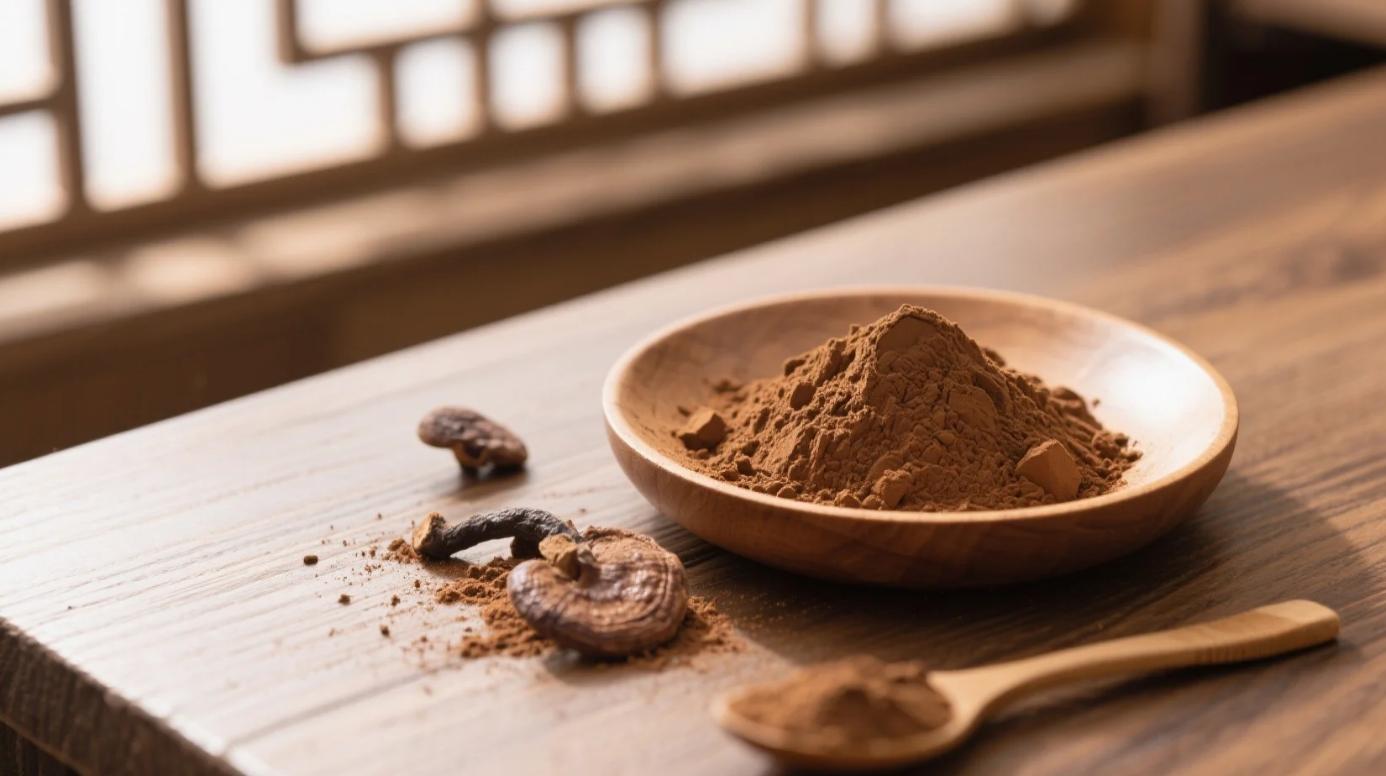Table of Contents
With the increasing popularity of hemp-derived products, many people are curious about the difference between organic hemp seed oil and CBD oil. While both are derived from the same plant, they are actually quite different in terms of chemical composition, health benefits, and legal status. In this article, we’ll explore the key differences between these two products and help you decide which one is right for your needs.
What is Organic Hemp Seed Oil?
Organic hemp seed oil is derived from the seeds of the hemp plant, which is a variety of the Cannabis sativa plant species. Unlike CBD oil, hemp seed oil contains only trace amounts of cannabidiol (CBD) and other cannabinoids, as the seeds do not contain any significant amounts of these compounds. Instead, hemp seed oil is rich in healthy fats, vitamins, and minerals, making it a popular supplement for promoting overall health and wellness.
Health Benefits of Organic Hemp Seed Oil
Organic hemp seed oil has numerous health benefits, thanks to its rich nutritional profile. It is a great source of essential fatty acids, including omega-3 and omega-6 fatty acids, which are important for maintaining heart health, reducing inflammation, and supporting healthy brain function. It also contains antioxidants, such as vitamin E, which help to protect the body against damage from free radicals.
Other potential benefits of organic hemp seed oil include promoting healthy skin, improving digestive function, and reducing symptoms of PMS and menopause. It is also an excellent source of plant-based protein, making it a great addition to a vegan or vegetarian diet.
How is Organic Hemp Seed Oil Produced?
Organic hemp seed oil is typically produced through a process called cold-pressing, which involves mechanically pressing the hemp seeds to extract the oil. This process preserves the nutritional integrity of the oil, as it is not subjected to heat or chemicals that can damage its beneficial compounds.
What is CBD Oil?
CBD oil, on the other hand, is derived from the flowers, leaves, and stalks of the hemp plant. It contains high levels of cannabidiol (CBD) and other cannabinoids, such as THC (tetrahydrocannabinol), which is the psychoactive compound that produces a “high” in marijuana. However, CBD oil derived from hemp plants contains only trace amounts of THC, typically less than 0.3%, making it non-psychoactive and legal in most countries.
Health Benefits of CBD Oil
CBD oil has gained popularity in recent years due to its potential health benefits, which include reducing anxiety and depression, alleviating pain and inflammation, and improving sleep quality. It is believed to work by interacting with the body’s endocannabinoid system, which plays a key role in regulating various physiological processes.
How is CBD Oil Produced?
CBD oil is typically produced through a process called CO2 extraction, which involves using high-pressure carbon dioxide to extract the desired compounds from the plant material. This process is highly efficient and produces a pure, concentrated form of CBD oil that can be used in a variety of products, such as tinctures, capsules, and topicals.
Key Differences Between Organic Hemp Seed Oil and CBD Oil
While both organic hemp seed oil and CBD oil have their own unique health benefits, there are several key differences between these two products:
- Chemical Composition: Organic hemp seed oil contains only trace amounts of CBD and other cannabinoids, while CBD oil contains high levels of CBD and other cannabinoids, including THC.
- Health Benefits: While both oils have potential health benefits, they work in different ways and are effective for different conditions. Hemp seed oil is beneficial for overall health and wellness, while CBD oil is used more specifically for conditions such as pain, anxiety, and sleep disorders.
- Legal Status: Hemp seed oil is legal in most countries, as it contains only trace amounts

